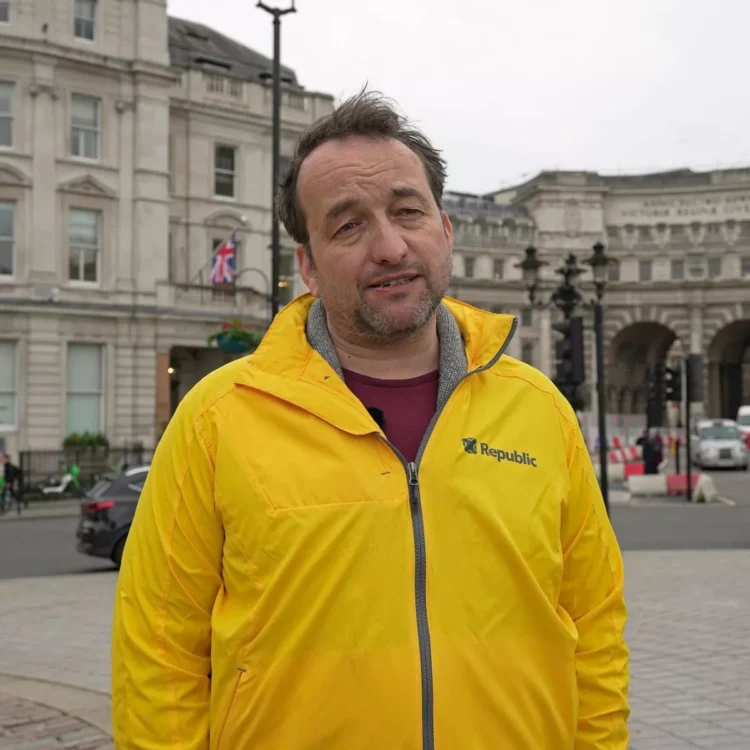By Gabriel Princewill-
Anti-royal protesters have no lawful right to obstruct the King’s Coronation, and the right to freedom of speech is not grounds to do so.
The Human Rights Act which guarantees the right to freedom of expression also protects the right to freedom of assembly. Each of the rights contained in the statutory provisions is expected to respect every other right, and none of the rights is absolute.
Protesters and their organisers need to understand this.
Article 11 of The Human Rights Act states that: ”Everyone has the right to freedom of peaceful assembly and to freedom of association with others, including the right to form and to join trade unions for the protection of his interests.
The aforementioned provision impliedly means that those whose actions are tantamount to obstructing the above provisions, are acting unlawfully.
In this context, many of the arrests by the Met Police under the Public Order Act are justified since disruption that constitutes a nuisance can amount to a breach of the peace.
Among those arrested by the Met today was Graham Smith,(pictured) CEO of the pressure group Republic, who used a megaphone to voice opposition to the King’s glamorous coronation last month, after he and his followers pledged to disrupt with more protests.
Confronting King Charles at the time, he said: ‘Charles, why are you wasting our money on your precious parade? You can hear people booing you, Charles…Charles, are you going to answer your critics?’
The 74-year-old sovereign, was accompanied by Queen Camilla in York at the time to present 74 men and 74 women aged over 70 with two purses, one red and one white, each containing specially minted silver coins worth £74 as part of an ancient ritual.
At one point, Mr Smith added: ‘Is that what you call a coronation chicken? A King who runs away?’
Smith’s confrontation came as workers erected seating on The Mall outside Buckingham Palace and on Horse Guards Parade.
Union Jack flags were also pictured being installed along the proposed parade route.
Vowing to disrupt the ceremony on May 6, saying: ‘We’re protesting wherever Charles goes over the next weeks – at the coronation and beyond – to challenge the idea of a succession of head of state, to say we want an election instead of a coronation, and a choice instead of Charles.
‘We think there’s going to be over 1,000 people at the coronation itself and we may have other groups along the route but there will certainly be one large protest on the procession route.
‘There will be a lot of ‘Not My King’ placards, we’ll be making some noise, it’ll be a bit of a party atmosphere.
‘We’ll try and engage with the people around us, keep it light-hearted and make sure when the procession goes past we are unmissable.’
His commitment to be unmissable evidences an objective to obstruct the coronation, defeating the objectives of the Human Rights Act to protect the legitimate rights of others.
Police Commissioner, Mark Rowley, had said in advance of the coronation that police would take action if protesters tried to “obstruct the enjoyment and celebration” of a significant number of people.
The Met have been rightfully criticised for several shortcomings in the force, but when it comes to arrests connected to the King’s Coronation, they deserve the benefit of the doubt,
At the king’s coronation today, noisy demonstrators booed King Charles III a she was officially crowned king, holding banners that read: ‘Not My King’.
However, the protesters were outnumbered by well wishers who turned up to honour the King’s Coronation.
It is intuitive to conclude that Human Rights groups defending protesters are merely being partisan, without properly balancing their stance with the principle of proportionality embodied in The Human Rights Act.




